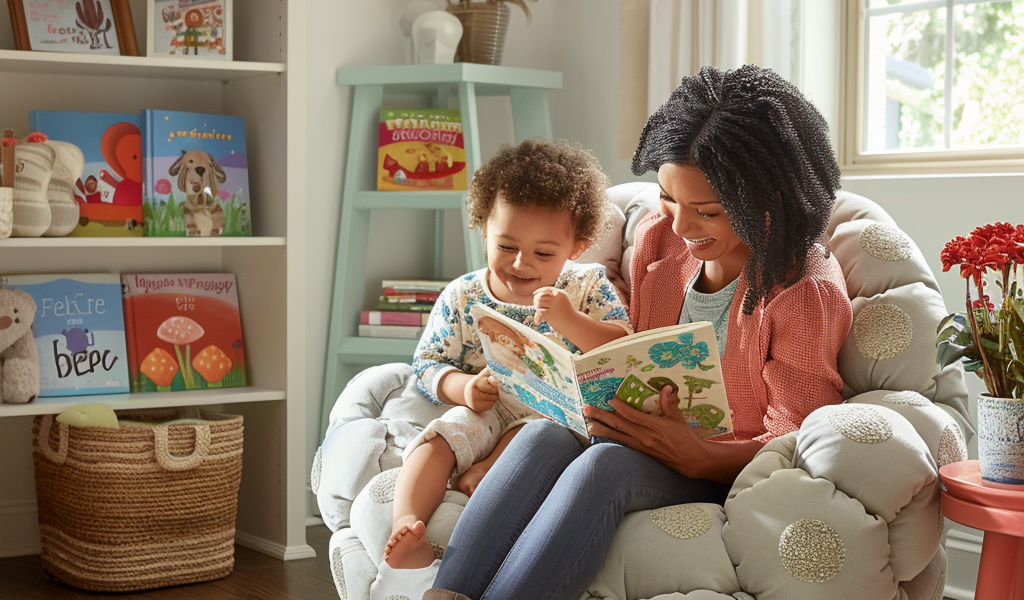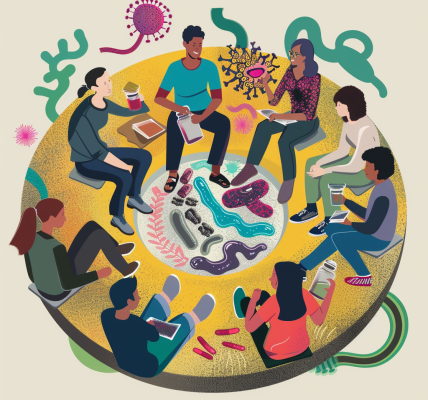The American Academy of Pediatrics (AAP) has issued a new policy statement emphasizing the importance of shared reading starting from infancy. This initiative is designed to foster nurturing relationships between parents and their young children during a critical period of brain development. The updated guidelines, titled “Literacy Promotion: An Essential Component of Primary Care Pediatric Practice,” represent the first significant revision since 2014.
In light of extensive research highlighting the benefits of early reading, the AAP encourages pediatricians to support families by providing guidance and recommending books during well-child visits. The accompanying technical report delves into the evidence supporting shared reading as a means of strengthening relationships, stimulating brain development, and fostering early attachments.
Dr. Perri Klass, FAAP, a pediatrician and parent, emphasized the positive impact of reading together. “Reading together with young children weaves joyful language and rich interactive moments into the fabric of daily life,” she stated. Dr. Klass suggests integrating books into bedtime routines and daily activities to enhance connections and promote cognitive development.
The updated policy statement was developed by the AAP Council on Early Childhood and was published online on September 29, 2024, coinciding with the AAP 2024 National Conference & Exhibition in Orlando, Florida. Both the policy statement and technical report are set to be featured in the December 2024 issue of the journal Pediatrics.
The AAP’s new guidelines highlight that shared reading is not merely a pastime but a vital parenting practice that lays the groundwork for social-emotional health, cognitive growth, language acquisition, and literacy skills. These foundational elements are essential for school readiness and yield lasting advantages throughout a child’s life.
Dr. Dipesh Navsaria, FAAP, who co-authored the technical report, pointed out that engaging with high-quality print books is particularly beneficial. He noted, “Turning the pages of a high-quality, print book filled with colorful pictures and rich, expressive language are best.” In contrast, he cautioned against relying on touchscreens and other electronic devices, which often provide passive or solitary experiences that lack the interactivity essential for meaningful relationship-building.
The AAP’s recommendations serve as a reminder of the profound impact that early literacy practices can have on children’s development. By prioritizing shared reading, parents can create enriching environments that promote learning and strengthen familial bonds.
As the AAP continues to advocate for the importance of early literacy, it urges pediatricians to play an active role in encouraging families to engage in reading from a young age. This proactive approach not only enhances children’s language skills but also supports their emotional and cognitive development, setting them up for success in school and beyond.
In summary, the AAP’s updated policy statement underscores the critical role of shared reading in early childhood development. By making reading a central aspect of daily life, parents can cultivate a love for books and learning, ultimately benefiting their children’s growth and development.





